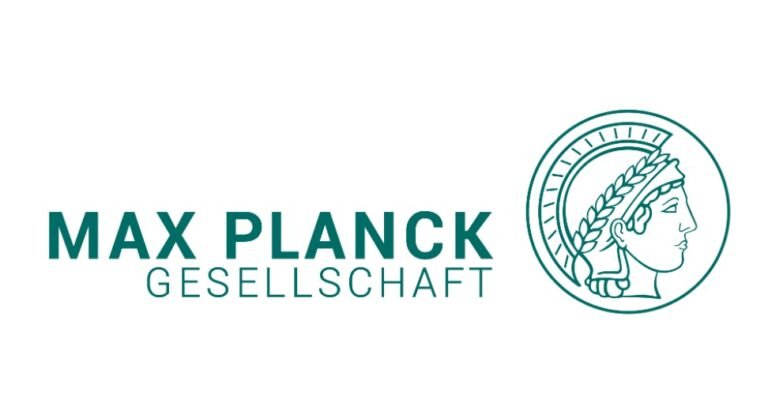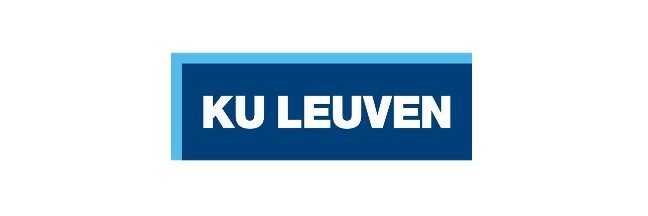The Minerva Fast Track Group “Spin-Orbital Electronics” at the Max Planck Institute of Microstructure Physics in Halle (Saale), Germany, uses methods of theoretical physics to discuss transport of spin and orbital angular momentum in solids. Examples of such effects are the spin Hall effect, which is the generation of a transversal spin current in nonmagnetic materials, or the Edelstein effect, which corresponds to a current-induced homogeneous magnetization in systems with broken inversion symmetry. Our theoretical calculations are based on Boltzmann transport theory, Kubo linear response theory, and nonlinear transport theories.
The ANR-DFG NLE project “New oxide-based two-dimensional electron and hole gases for spin-orbitronics (NOBLESSE)” aims to explore polar oxide interfaces hosting two-dimensional electron and hole gases. Closely collaborating with experimentalists, we will develop effective models to predict the spin/orbital textures and transport characteristics of these systems, particularly focusing on spin/orbital-charge interconversion effects and magnetotransport phenomena.
The PhD student position is available from May 1st, 2025, and is funded for three years.
Your tasks
- Development of effective models for electron and hole gases at oxide interfaces
- Theoretical discussion and simulation of transport phenomena in oxide interfaces:
- Influence of external magnetic and electric fields on electronic transport properties
- Spin/orbital-charge interconversion effects
- Scattering at impurities
- Investigation of topological properties and resulting transport phenomena
- Presentation and publication of scientific results
Your profile
- MSc degree (or equivalent) in physics, material science, or a related discipline
- Good knowledge of either transport theory in solid states, spin-orbit coupling, topological properties, or tight-binding/effective model Hamiltonians is desirable
- Programming skills
- Very good English skills
We offer
- An exciting and challenging position in an international and attractive working environment and the opportunity to interact with a wide network of international collaborators
- Flexible working hours and substantial remuneration amounting to 65% EG13 TVöD-Bund
- A contract duration of 36 months
- The starting date is negotiable
The Max Planck Institute of Microstructure Physics gives priority to applications from severely disabled candidates with equivalent qualifications. Furthermore, we strive to increase diversity and specifically encourage women to apply.
For more details, please see our homepage or contact Annika Johansson.
Please send your application including a motivation letter, your CV (including a publication list, if applicable) as well as contact details of two scientists who can provide references until March 10th, 2025, to Annika Johansson.




